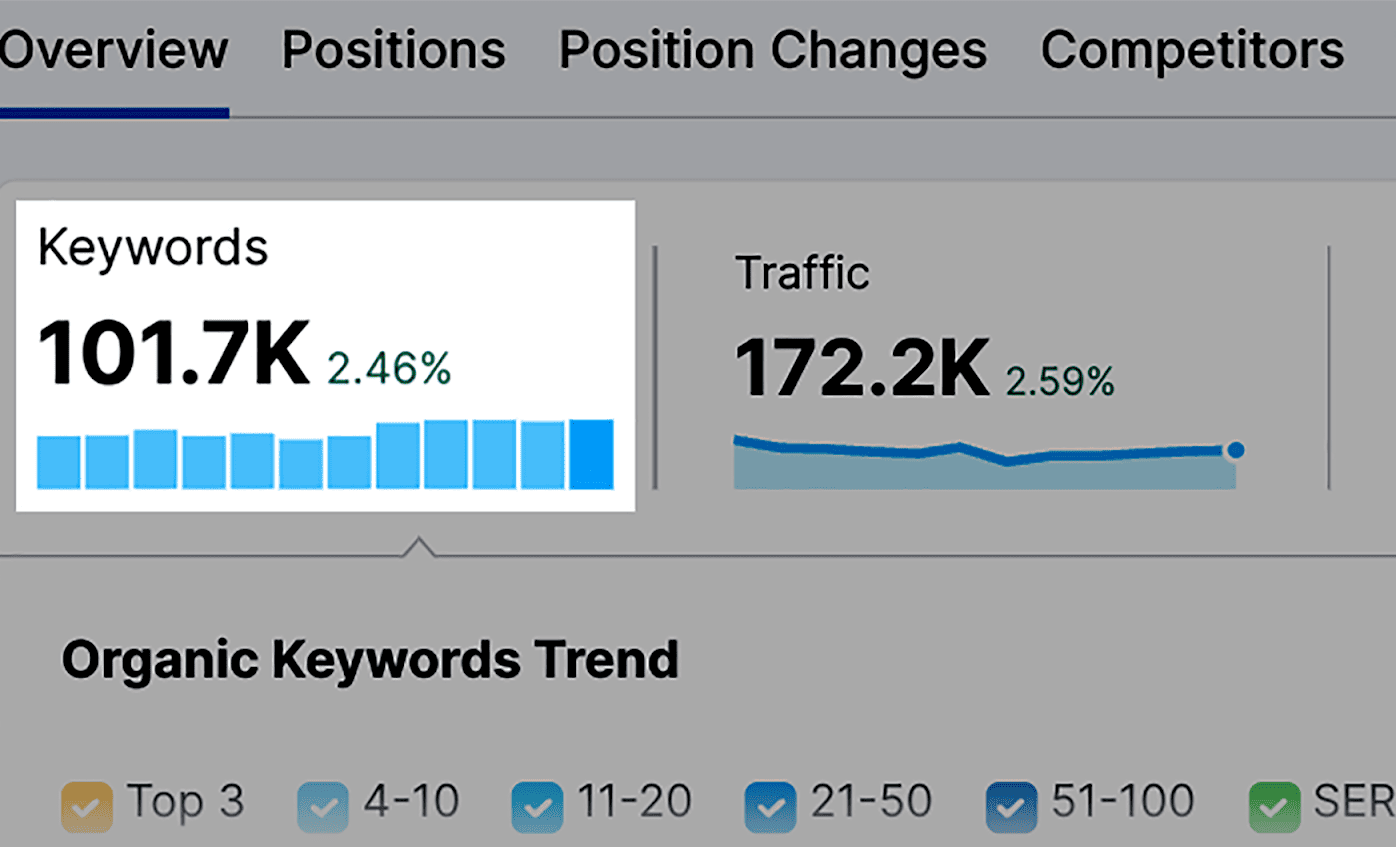Ranking for a specific keyword in search engines involves a combination of on-page and off-page optimization strategies. Here are some general steps you can take to improve your chances of ranking for a particular keyword:
- Keyword Research:
- Identify relevant and high-traffic keywords related to your content or business.
- Use tools like Google Keyword Planner, SEMrush, or Ahrefs to find keyword ideas and analyze their search volume, competition, and relevance.
- On-Page Optimization:
- Include the target keyword in the title tag, meta description, URL, and throughout the content.
- Create high-quality, relevant, and valuable content that satisfies user intent.
- Use header tags (H1, H2, etc.) to structure your content.
- Optimize images with descriptive alt text.
- Ensure your website is mobile-friendly and has a good user experience.
- Quality Content:
- Regularly update and refresh your content to keep it relevant.
- Aim for comprehensive and in-depth content that answers user queries.
- Use a variety of content types, such as text, images, videos, and infographics.
- Internal Linking:
- Link to other relevant pages within your website using anchor text.
- Create a logical and hierarchical structure for your content.
- Backlink Building:
- Acquire high quality backlinks from reputable and relevant websites.
- Guest posting, influencer outreach, and creating shareable content can help attract backlinks.
- Technical SEO:
- Optimize page load speed for a better user experience.
- Ensure your website is accessible to search engine crawlers.
- Use a sitemap to help search engines index your site.
- Social Signals:
- Share your content on social media platforms to increase visibility and potentially attract more links.
- User Experience:
- Provide a positive and intuitive user experience on your website.
- Reduce bounce rates and improve dwell time by offering valuable content.
- Monitor and Analyze:
- Use tools like Google Analytics and Google Search Console to monitor your website’s performance.
- Track keyword rankings, organic traffic, and user behavior.
Remember that SEO is an ongoing process, and it may take time to see significant results. Regularly update your strategy based on changes in search engine algorithms and user behavior. Additionally, keep an eye on your competitors and industry trends to stay ahead in the SEO game.

